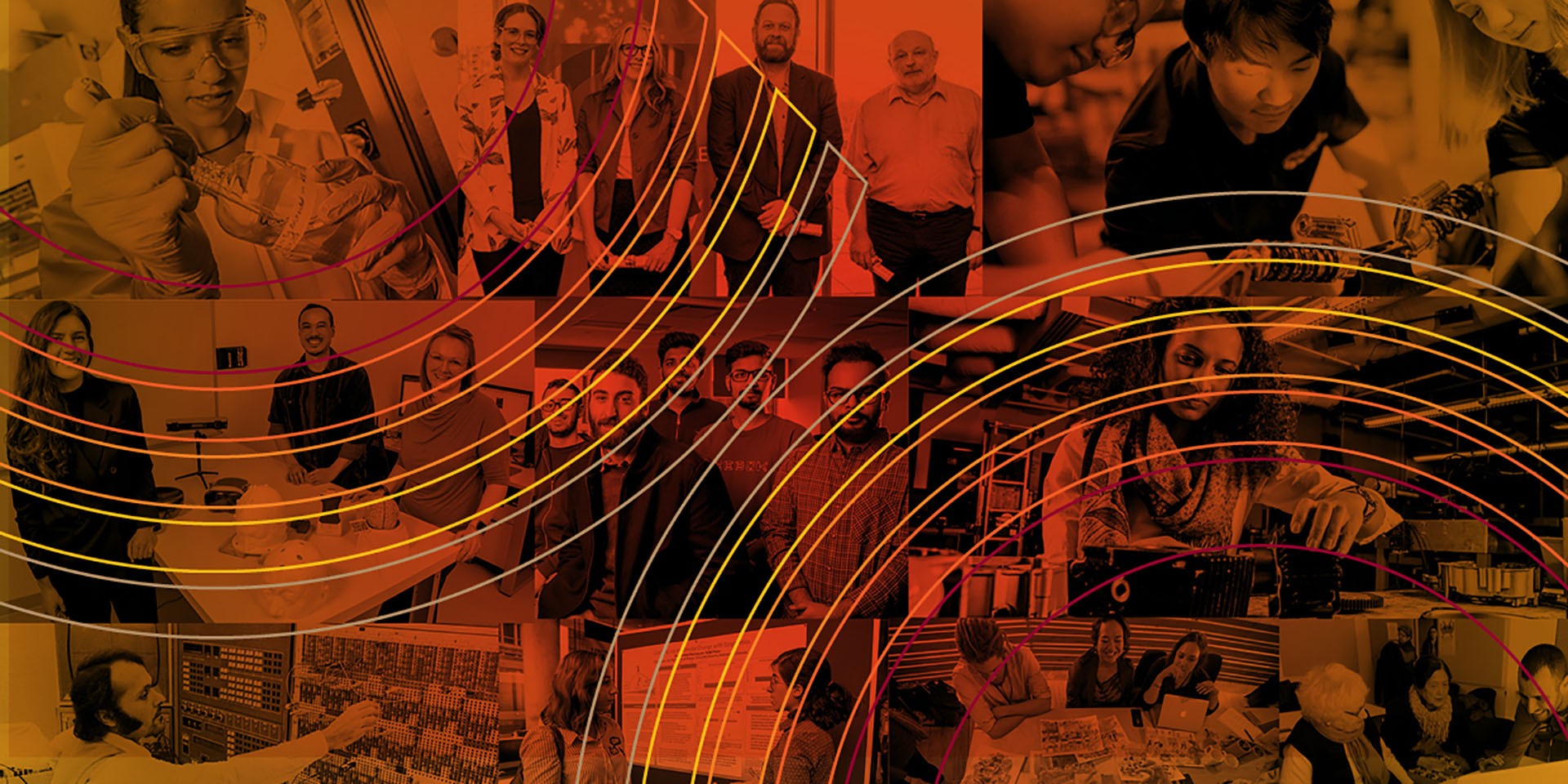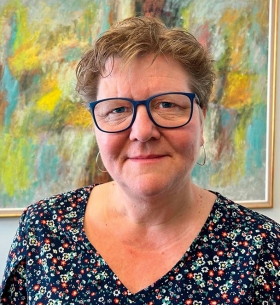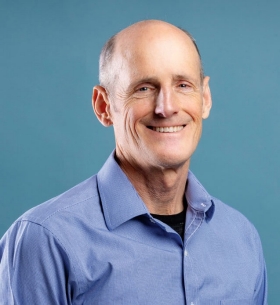As its $1.6 million in external funding in 1975-76 illustrates, Concordia’s early research efforts were modest.
“We were more or less an undergraduate institution at first,” says Heather Adams-Robinette, senior director, VP, Research, Innovation and Impact in Concordia’s Office of the Vice-President, Research, Innovation and Impact. But from those humble beginnings, the university began to steadily expand its research focus.
By the early 1980s, the Department of Psychology welcomed the Centre for Research in Human Development and Center for Studies in Behavioral Neurobiology (CSBN). “At the time, the CSBN was the only centre funded by Fonds de Recherche du Québec – Santé that was not part of a medical school, so it was held up as a huge example of research success,” Adams-Robinette recounts.
In the years since — especially from the 2000s onward — Concordia has expanded its research footprint with a number of centres and institutes. These spaces bring together leading experts from within and beyond the university to foster collaboration and advance knowledge (more in The research road map). Adams-Robinette emphasizes that another crucial step was elevating the head of research from a vice-provost level to a vice-president level in 2006.
“It was the recognition that if we were to advance as a research institution, we needed a vice-president focused on research,” she says. That year, Louise Dandurand became the university’s first VP of Research and Graduate Studies — a position now known as VP of Research, Innovation and Impact.
Moving the needle
This January, Concordia welcomed Tim Evans to the role. Evans previously served as director and associate dean of the School of Population and Global Health at McGill University and executive director of Canada’s COVID-19 Immunity Task Force, among other senior leadership positions nationally and internationally.
Evans recognizes the university’s research potential. “We’re building on strength, such as the great work going on in the areas of sustainability and health ,” he says. “I see my role as trying to facilitate and encourage that growth in ways where the university continues to define a clear niche with respect to impact.”
While discovery remains central to research, Evans emphasizes the importance of follow-through and real-world relevance. “I think there is a strong culture of delivery and impact at Concordia, which will continue to distinguish us from other universities.”
As an example, he points to the implementation research being conducted at the university’s Next-Generation Cities Institute, where members are working with municipalities to drive sustainability initiatives across urban infrastructures and the environment.
“The institute draws on discovery research related to issues like building ventilation and heating, and works with key implementers to get these things translated into building codes and initiatives so that, in fact, we actually move the needle on green cities,” he says.
With its focus on implementation, the institute is helping to bridge what’s referred to as the “know-do gap,” that is, “making sure what we know works gets translated into action in diverse contex ts,” Evans explains.
“A lot of people think that research stops at the demonstration that something works, like mRNA vaccines, and underestimate the important knowledge agenda associated with ensuring those new technologies/vaccines are taken up by those who need them. This means investing in understanding how decisions are made, how supply chains are managed, how procurement systems work — all areas where knowledge helps get things to scale,” he adds.
“Relative to other university settings, it appears there’s more willingness and expertise in Concordia’s research system to drive research across discovery through to real-world applications and outcomes.”



 “If we were to advance as a research institution, we needed a vice-president focused on research.” – Heather Adams-Robinette
“If we were to advance as a research institution, we needed a vice-president focused on research.” – Heather Adams-Robinette
 “There is a strong culture of
delivery and impact at Concordia, which will continue to distinguish
us from other universities.” – Tim Evans.
“There is a strong culture of
delivery and impact at Concordia, which will continue to distinguish
us from other universities.” – Tim Evans.